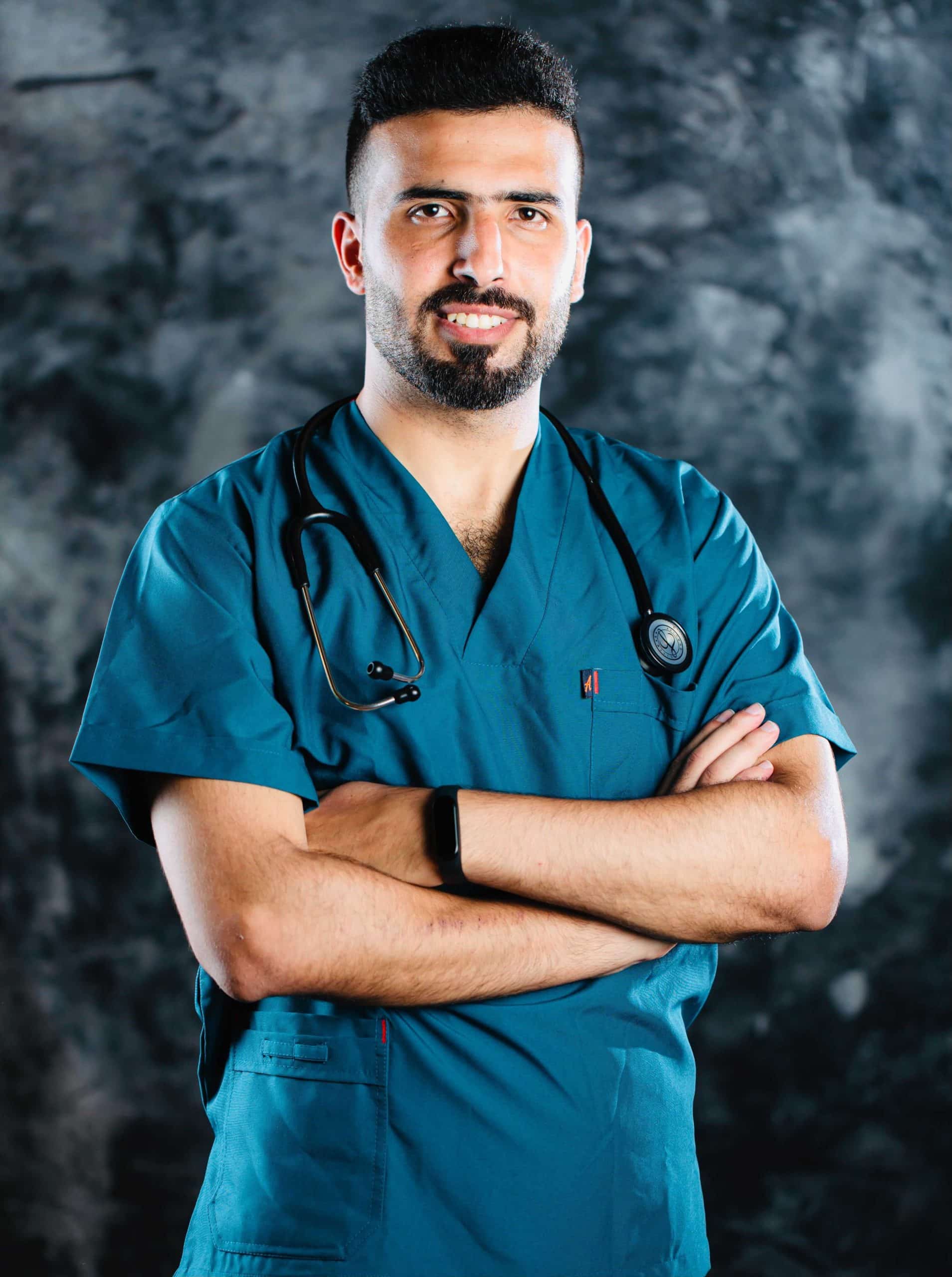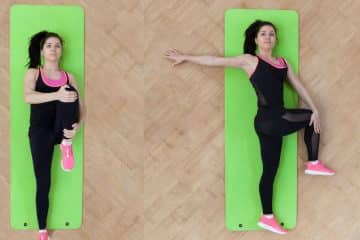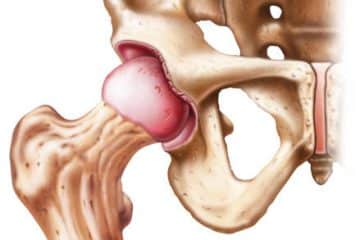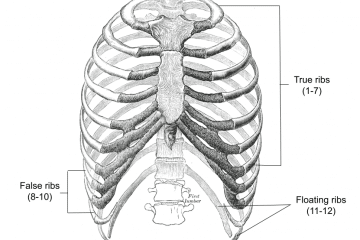Hand Transplant | Technique | Cost | Outcomes
With many cases documented globally, hand transplant is the most widespread kind of current composite tissue allotransplantation.
The surgery is used to manage serious traumas that present patients with architectural, functional, and cosmetic deficiencies that can’t be treated any other way.
A comprehensive approach is required for effective use of this technique, which includes not only expert hand operators, transplant specialists, but also hand physiotherapists, psychologists, medical experts, anesthetists, and others.
Full sensorimotor functionality is maximally restored after hand and arm transplant. Researchers found that tissue transplantation resulted in improved motor performance than implantable limbs: statistical testing in several receivers demonstrated that composite tissue allotransplantation procedures allowed patients to perform most everyday routines, including eating, riding, and typing.
All transplant patients regained pain-protective responsiveness, 92 percent regained touch sensation, and 81 percent regained discriminative fine sensation. The greatest advantage, according to 75 percent of participants, was a better quality of life.
What is Hand Transplant?
A hand transplant is a surgical technique that involves the transfer of a human hand from one person to another.
The donating hand is typically taken from a clinically dead donor and placed into someone who has injured either or both hands.
Indications of Hand Transplant
The indication of the surgery is bilateral hand loss due to any kind of disease with patients should fit the following criteria:
• 18 to 60 years old
• General well-being
• Amputation is not because of a congenital abnormality or malignancy.
• Amputation of a limb at the wrist or forearm
• There were no major diseases like hepatitis B or C, or AIDS.
How Long Does Hand Transplant Last?
The operation takes 9 to 12 hours to be completely done with postoperative hospital stays ranging from 3 to 5 days.
During the rehabilitation program, the patient should stay near the hospital for about 12 weeks.
Cost of Hand Transplant
The average surgical cost for a single hand transplant is 14,000$ and for a double hand, the transplant is 15,000$ (including preoperative assessment, hospital stay, and surgeon fees).
Medical insurance doesn’t cover this type of surgery.
You may have to pay for long-term immunosuppressive medications that may cost you about 350,000$ on average.
How Hand Transplant is Performed?
The surgery is mainly done under the effect of general anesthesia, the agent that makes you asleep and unresponsive.
The following are the typical steps of hand transplant surgery:
Making the Incision
After donor and recipient preparation and positioning, the hand transplant procedure begins as incisions on the recipient’s arm and donor’s hand reveal the deeper structures that will be protected and transferred to the donor.
Preparation of Recipient and Donor Hand
Extra skin and bones are resected from the donor’s hand during preparation. Following that, the tendons, blood vessels (arteries and veins), and nerves are recognized.
Tendons, nerves, and blood vessels are dissected and recognized to prepare the recipient’s hand.
Attachment of Donor Hand to the Recipient
the donor’s hand is attached by first connecting the radius and ulna bones with metal plates. Surgeons then connect flexor tendons on the palm side and extensor tendons on the back.
With careful attention to length so the fingers will rest naturally and perform effectively after transplant. Each tendon is sewn together. Very powerful microscopes then assist doctors in sewing together the nerves, and blood vessels.
Closing the wounds
The doctor will close the wound carefully and safely to avoid any injury to nerves, veins, or arteries.
Risks of Hand Transplant
There are a few complications that follow the operation including:
• Postoperative overwhelming and sometimes fatal infections such as cytomegalovirus colitis and herpes simplex skin infection
• Direct organ toxicities (kidney or liver failure)
• Impaired wound healing
• Anemia that may be severe enough to warrant hospital admission
• Diabetes that may be even insulin-dependent
• Graft versus host disease that occurs when the donor’s hand views the recipient as a foreign body
• Grafted hand rejection
• Malignancies such as skin cancer, lung cancer, lymphoma, and Kaposi sarcoma
• Cushing syndrome (cortisone overproduction)
Outcomes
In terms of effectiveness, transplanted hands have shown to have a satisfactory-to-excellent recovery of sensitivity and motor activity.
In most cases, discrimination sensation has returned, and defensive awareness has returned. With their return to work, the majority of patients have demonstrated good skills and abilities.
The replaced hands have been embraced like their hand by the recipient. In addition to better self-esteem, assessments indicate that overall quality of life has increased.
See Also
References
https://emedicine.medscape.com/
https://www.ncbi.nlm.nih.gov/pmc/

Dr.Sharif Samir Alijla, is a general medical doctor and a well-rounded professional that cares and treats patients from Palestine. I participated in many medical studies and conferences, I've launched a range of community initiatives and taken part in a variety of leadership and change training programs. I worked as an author for many medical websites such as TebFact . I specialized in writing medical articles from authoritative and updated sources in a simple and smooth the way for the reader.



